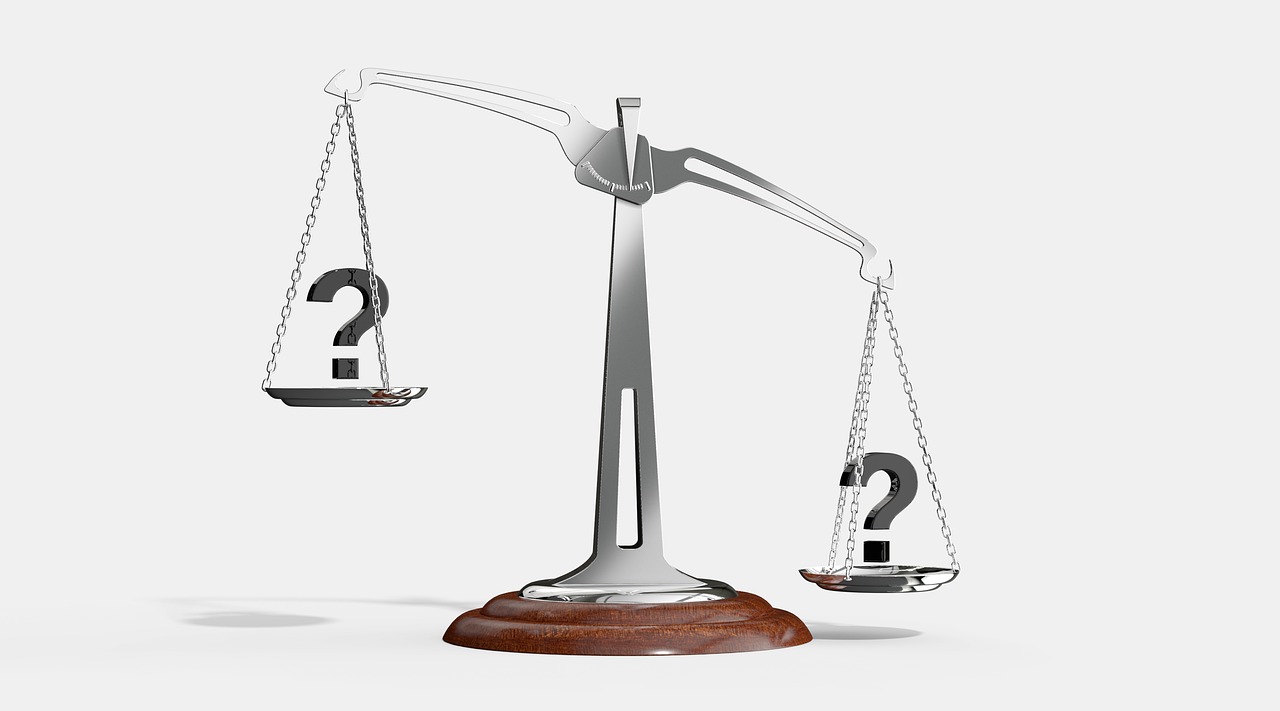Indian Economy after booming for last three years is now in tailspin. The petrol prices are on rise and the GST has created serious trouble for traders. Cutting off income tax rate or imposing GST on Petroleum products. What would be best?
Extreme Rise in Petrol Price and the Struggle with Excessive Tax
Within few months there has been a significant rise in petrol price in the country. Petrol prices in Mumbai has gone up to 80 Rupees per liter while it is around 70 in Delhi. The price of Diesel in Mumbai is around 62 while in Delhi it is 58.85 rupees per liter. The price of petrol a year ago was 52 rupees per liter while petrol was 62 rupees per liter. There has been severe backlash from the public due to the rise in petroleum prices. Petroleum Minister Dharmendra Pradhan has requested the Finance Ministry to bring petroleum products under the ambit of GST. If this happens, there will be a huge fall in petroleum prices.
GST Should Cover all Petroleum Products including Petrol & Diesel to bring tax predictability. My sincere appeal to States & @GST_Council pic.twitter.com/LzjrUNtrWJ
— Dharmendra Pradhan (@dpradhanbjp) September 18, 2017
The rate of petrol if GST is implemented with the highest rate of 28% will be 43.44 Rupees per liter while Diesel will cost 48.88 RPL. If we add an additional cess of 22% on both, even then the rate of petrol and diesel will be around 50 and 49.08. A saving of 20 and 9 rupees on petrol and diesel per liter.
Contribution of Income Tax Revenue
The income tax collected for the FY 2016-17 was 353, 173.70 crore while the total collection excluding surcharge and cess was 326, 463 crore (approx.). According to the data of AY 2016-17, near about 52,868,037 tax returns have been filed by the tax payers who have an income of less than Rs. 5 lakhs. Tax payers who fall in this range pay about 5% of tax on an average. Suppose if the tax of 5% is levied on a person with income of 5 lakhs then the person will have to pay 25000 rupees a year as tax. The above range has the maximum number of tax payers. If the government chooses to relief people on income tax then this range will be the best as it will save around 5000 to 25000 rupees per year.
What to Choose: Income Tax Reduction or GST on Petrol and Diesel?
In general case, a tax of 5% isn’t much compared to the tax on petroleum products. Suppose a person uses 720 liters of petrol a year then at present he will have to spend around 50000 rupees a year on petrol with present rate of 70-80. If GST is implemented then the total expenditure will be around 36000 rupees. In both the cases, the average saving will be more on petroleum products as they cover mass population of 125 crore while income tax payers account to only 4 crore at maximum. The tax payer will also benefit if the rate of petroleum product is reduced.
Clearly, the better choice will be GST implementation on petroleum products. The government churned 5.42 lakh crore rupees from petroleum products in 2016-17. While the total tax revenue from income tax was around 353,173 crore rupees.
If one has to choose between these two, the obvious choice will be GST on petroleum products. It is all up to the central and state governments to balance the revenue from either source as neither would bear loss in revenue.
Vote Bank Math for 2019 Elections
Petroleum products are the best source of revenue generation for any government therefore 2019 elections will be crucial with respect to churning of taxation among these two segments. The media is making the noise and it has become a very uneasy situation for the state governments given the upcoming state elections. The center is surely going to push them for the solution as it has to leave no stones unturned for 2019 elections.












Pingback: Central Govt Reduces Excise Duty on Petrol And Diesel
Pingback: Balrampur Chini Mills Share Price Target Post Cabinet’s Sugar Industry Package
Pingback: Income Tax Returns Surge by 80% with Direct Tax-GDP Ratio 5.98%